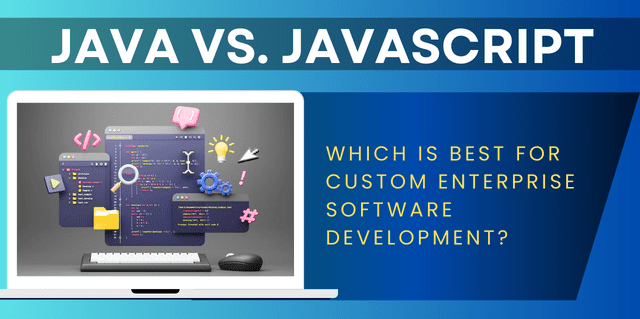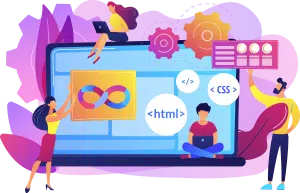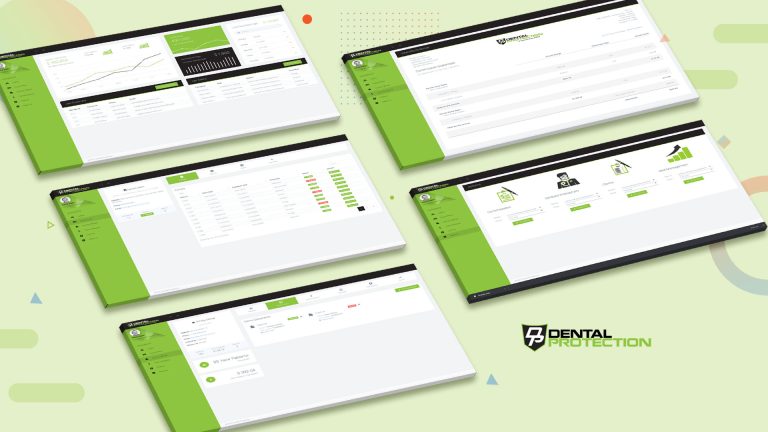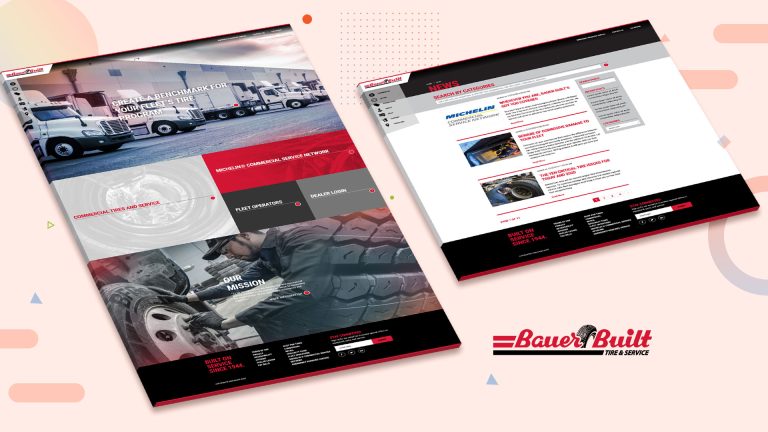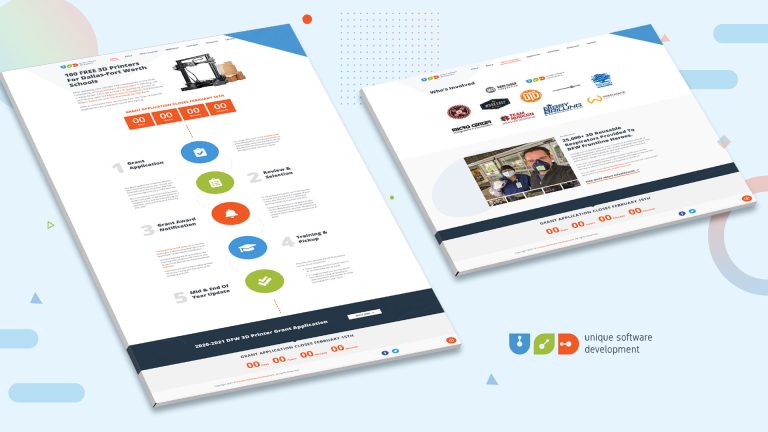Table of Contents
ToggleBoth Java and JavaScript are the popular programming languages of the decade. They have many uses, from simple web apps to complex applications. However, they may seem similar but possess many differences that clearly declare them unique. Both languages have their own advantages, but it will be a challenge to determine which is best for a particular project. In this article, we will discuss an overview of both languages, their advantages and role in custom enterprise software development, and the factors to consider while choosing between them.
Java Vs. JavaScript: An Overview
Java is a general-purpose, object-oriented programming language. It is used to develop a wide range of applications, from small to large enterprise software. It is one of the most versatile languages, and the reason behind its versatility is that it can run on any platform, including Android devices, Windows, Mac, Linux, and others, with the help of the Java Virtual Machine (JVM).
Whereas JavaScript is a scripting language. JavaScript is used to create simple utilities and add a more dynamic and interactive experience for the users. It can be used for web application development services. There is one similarity between Java, and JavaScript is that their code can run on multiple platforms with the simple installation of JVM.
Advantages of Java for Custom Enterprise Software Development
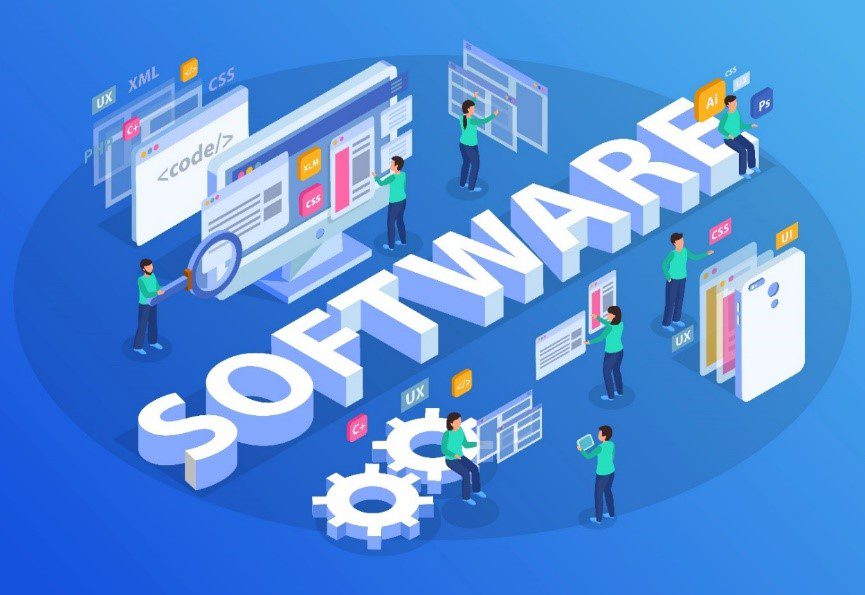
There is no question about the popularity of Java for software development; it is evident by the fact that popular applications like LinkedIn, Amazon, and Twitter use Java for their backend architecture. Along with versatility, Java has many other advantages that it offers to the programmer, which they can use accordingly.
Now, let’s dive into the unparalleled advantages of Java for custom enterprise software development.
1. Platform Independence
The most dreadful thing for a developer is to create code working perfectly on the platform it was developed on but crashes on other platforms. Working with Java, you don’t have to worry about it. Java is a platform-independent language, meaning that it can run on any platform, including Windows, Mac, and Linux. This makes it easy to develop software that deploys on multiple platforms without having to write separate code for each platform.
2. Security
Security risks can cause data breaches that can be expensive for businesses. To prevent these risks, Java has a Security Manager regulating system resource access and a Class loader restricting untrusted code execution. Additionally, Java offers a strong security API for developers to create secure applications.
Advantages of JavaScript for Custom Enterprise Software Development
In today’s digital landscape that is constantly evolving, a dull, generic website is like a dead body in the grave – which means it is of no use. Java script is the scripting language that can bring such a website to life, making it dynamic and interactive.

Its ability to interact with HTML and CSS allows developers to create such responsive and engaging web pages that make every website unique and stand out from the crowd. JS includes animations, visual effects, and game mechanics in websites. JS is popularly used to build mobile apps using frameworks like React Native and Ionic in custom enterprise software development. Its cross-platform capabilities make it a popular choice for developers who want to create apps that work on multiple devices and operating systems. The following are the two most prominent advantages of JS:
1. Versatility
Custom enterprise software development necessitates versatility in programming languages to tailor the software to the specific needs of the business, requiring different back-end integrations and front-end modifications. JS proves to be a promising choice due to its compatibility with both front-end and back-end applications.
Various versatile and powerful JavaScript frameworks, including Angular, React, and Vue.js, are available for custom enterprise software development, offering an array of features and functionality to meet the evolving needs of the business. In addition to frameworks, there is also a wide selection of JavaScript libraries to expand the functionality of existing applications or build customized software solutions from scratch.
2. Interactivity
One of the key trends in custom enterprise software development is the increasing demand for interactive software. People are demanding such enterprise software with which they can interrelate like humans. JS creates dynamic and responsive user interfaces that can adapt to user input and provide real-time feedback. This can improve the user experience and make the software more engaging and interactive. JS also responds to events, such as user input or system events, in real time. This makes it ideal for building interactive applications that require real-time updates and feedback.
Asynchronous JavaScript and XML (AJAX) is also a very popular practice in custom enterprise software development. It enables web apps to update data and content on the page without requiring a full page refresh. Hence, users can see updates in real time.
Choosing Between Java & JavaScript: Factors to Consider
Now that you understand both JS and Java, you know that they each have their own advantages. The requirements of your custom enterprise software are what matter most. Java still has an advantage due to its ability to handle complex problems and a wider range of functionalities. However, the one that better aligns with your business goals will work better for you. You can consider the following factors when choosing between Java and JS for your custom enterprise software development:
- Complexity and Scope of the Project
- Performance and Scalability
- Community Support and Availability of Resources
- Security Considerations
- Integration with Existing Systems
- Development Time and Cost
- User Experience and Interactivity Requirements
- Flexibility and Customization Capabilities
Conclusion
Java and JS both have somehow similar performance but different edges. However, Java has greater popularity, stronger backend development, and better compatibility, as it can run on any browser or platform. Java is also very fast and has more community support; meanwhile, JS is more recommended for front-end development and interactive and responsive web development.
So no one is a clear winner here; it depends on the requirements of your enterprise software.















